Designing for More-than-Humans
– Robotic 3D Clay Printing
A multi-disciplinary design research project, exposing students to the challenges of designing for more-than-human clients
Designing for More-than-Humans – Robotic 3D Clay Printing requires a multi-disciplinary approach that is developed at the Melbourne School of Design since 2022, exposing students to the design challenges of working for more-than-human clients.
In the context of the R_Lab elective in the Master of Architecture and Landscape Architecture programs we are introducing students to ways of challenging their anthropocentric world views, to shift instead towards a more-than-human perspective that would inform their design development. The 14-week course is driven by design research and involves ecologists, bio-scientists, philosophers, rangers, and roboticists and this interdisciplinary mix of expertise enables us to explore theoretical, ethical and philosophical questions as well as learn about food webs, eco systems and habitats. We analyse design precedents and theoretical research, which we used to engage in the empirical data we collected, including soil samples from the floodplain at McGeorge House in Ivanhoe.
We use robots to 3D printing to develop and fabricate their prototypes, derived following a series of iterations and by learning from failures, in order to fabricate more-than-human refugia.
Some of questions that we explore include: How can we identify a non-human that we might be able to support? What is the relationship between native and invasive species and how does this impact on our design? When we make design decisions from the standpoint of the human, how can we do this in a way that attentively responds to the needs of non-human species and ecosystems? How can we, as humans, assess whether our interreference is of benefit to non-humans? From the midst of the current climate emergency, how can we design in response to changing and collapsing ecological systems?
R_Lab is part of Digital Design & Fabrication (DDF) Electives, taught and fabricated in the Maker Spaces at MSD
Studio Leader and Subject Coordinator
- A/Prof Rochus Hinkel
Expert Contributors include
- Dr Rachele Wilson, School of Bioscience
- Dr Amy Hahs, School of Ecosystems and Forest Science
- From the Faculty of Architecture, Building and Planning, incorporating the Melbourne School of Design:
- Dr Hélène Frichot, Professor for Architecture and Philosophy
- Dr Alex Felson, Professor for Landscape Architecture and Ecology
- Stanislav Roudavski, Deep Design Lab and ADD+F Research Hub
- William Ward, Deep Design Lab
Fabrication Lead
- Ryan Pennings, Coordinator Robotics Lab MSD Maker Spaces
Semester 1, 2022
‘Bloom’ by Jingyao Lu, Theodore Soerianto, Haotian Wang
‘Skink Sculpture’ by Joshua Budgen, Unn Areecharoenlert, Nicolas Reyes Beltran
‘Wetland Micro-Habitats’ by Tim Schumann, Pearl Tompson, James Urlini
‘Ceramic Epiphytes’ by Miki Ueda, Ardis Wong
‘No Title’ by Lucas Becerra, Enoch Fung
-

‘Bloom’ by Jingyao Lu, Theodore Soerianto, Haotian Wang -
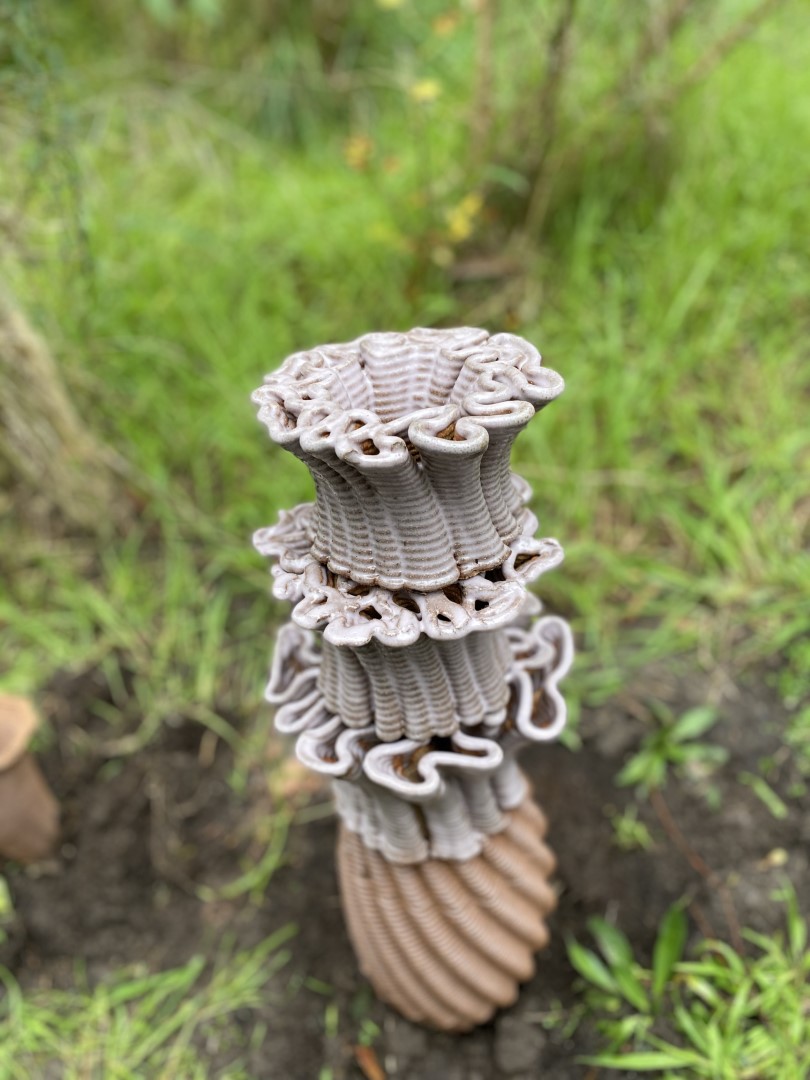
‘Bloom’ by Jingyao Lu, Theodore Soerianto, Haotian Wang -
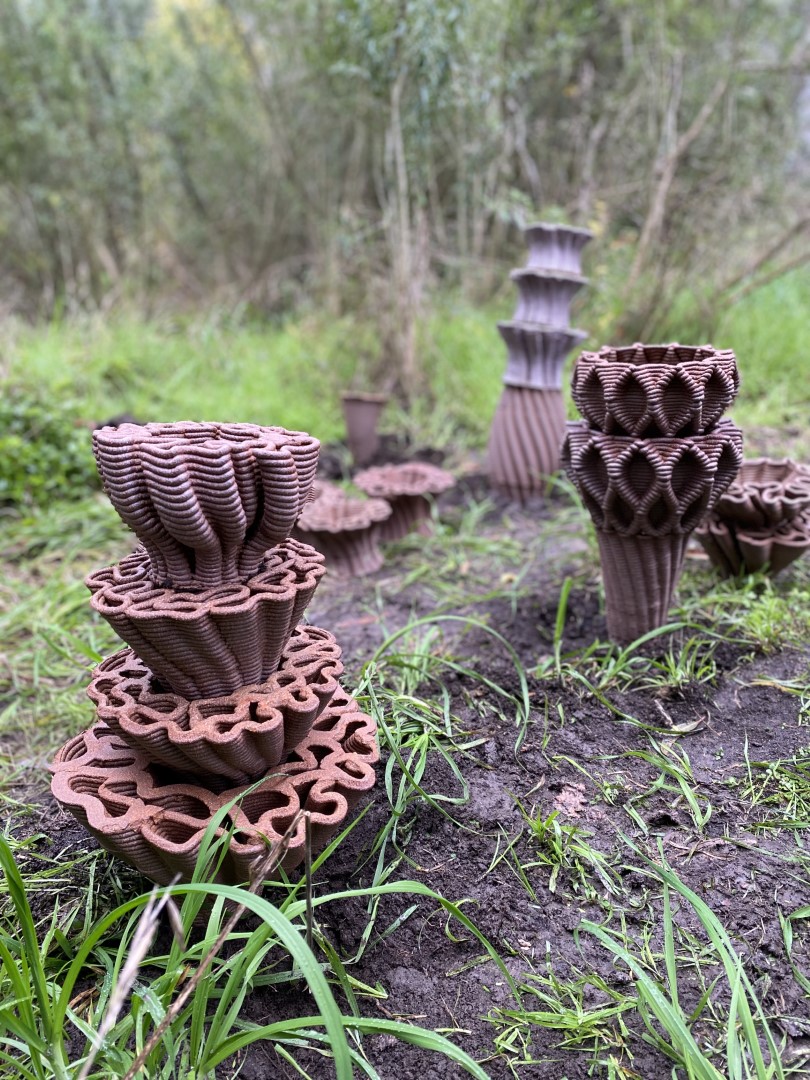
‘Bloom’ by Jingyao Lu, Theodore Soerianto, Haotian Wang -
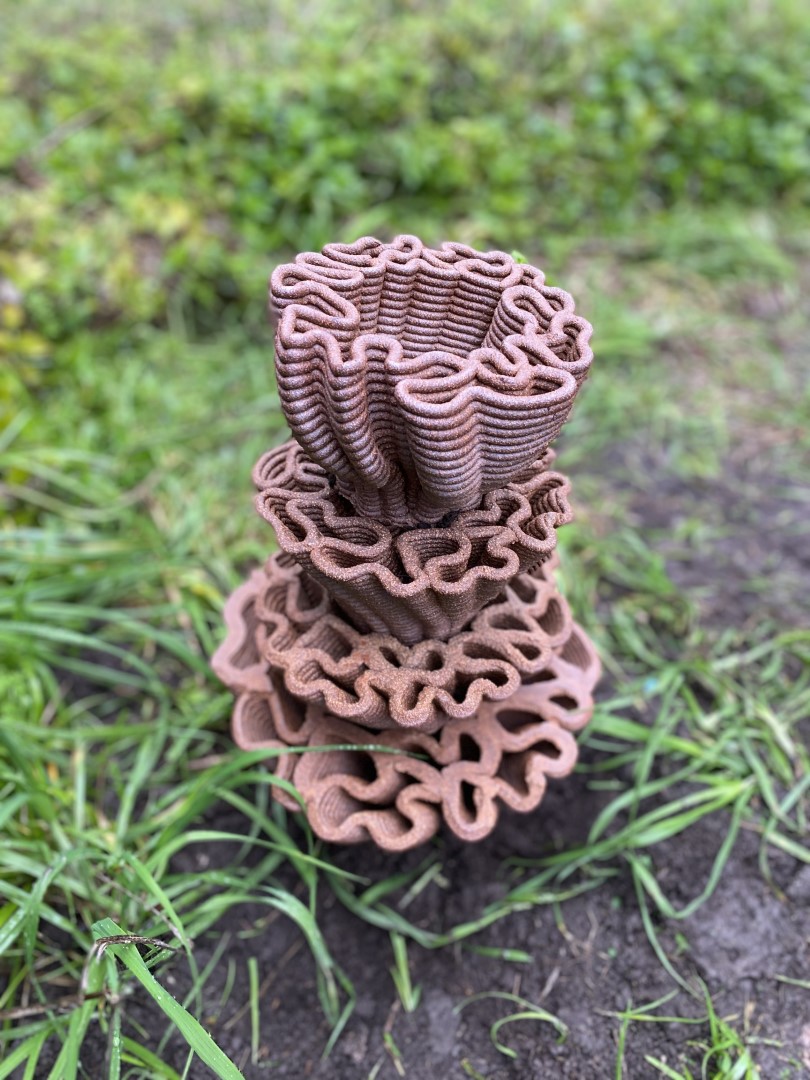
‘Bloom’ by Jingyao Lu, Theodore Soerianto, Haotian Wang -

‘Bloom’ by Jingyao Lu, Theodore Soerianto, Haotian Wang -

‘Skink Sculpture’ by Joshua Budgen, Unn Areecharoenlert, Nicolas Reyes Beltran -

‘Skink Sculpture’ by Joshua Budgen, Unn Areecharoenlert, Nicolas Reyes Beltran -

‘Skink Sculpture’ by Joshua Budgen, Unn Areecharoenlert, Nicolas Reyes Beltran -
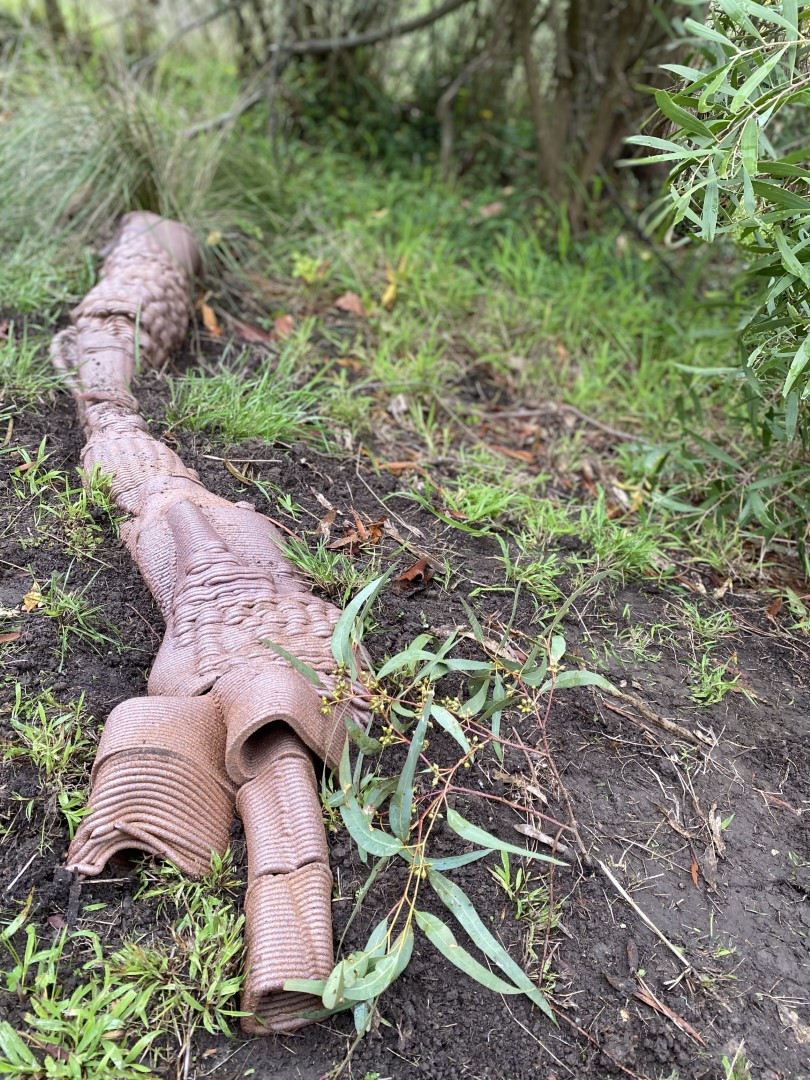
‘Skink Sculpture’ by Joshua Budgen, Unn Areecharoenlert, Nicolas Reyes Beltran -

‘Wetland Micro-Habitats’ by Tim Schumann, Pearl Tompson, James Urlini -
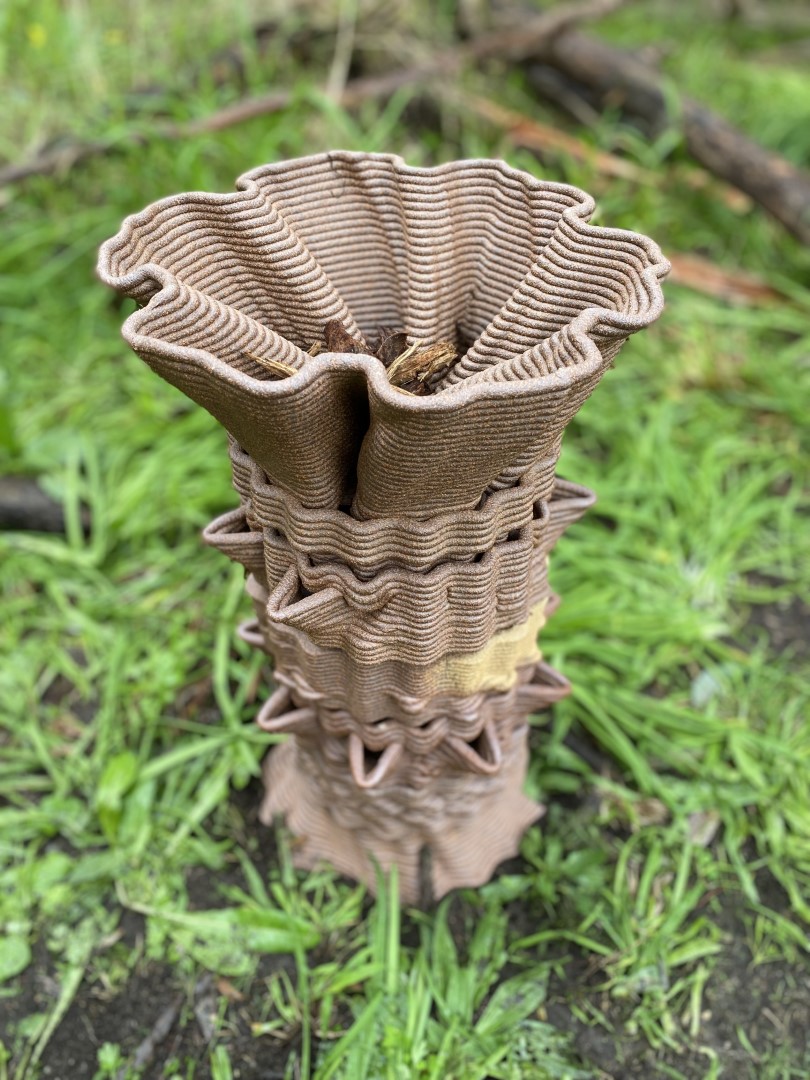
‘Wetland Micro-Habitats’ by Tim Schumann, Pearl Tompson, James Urlini -
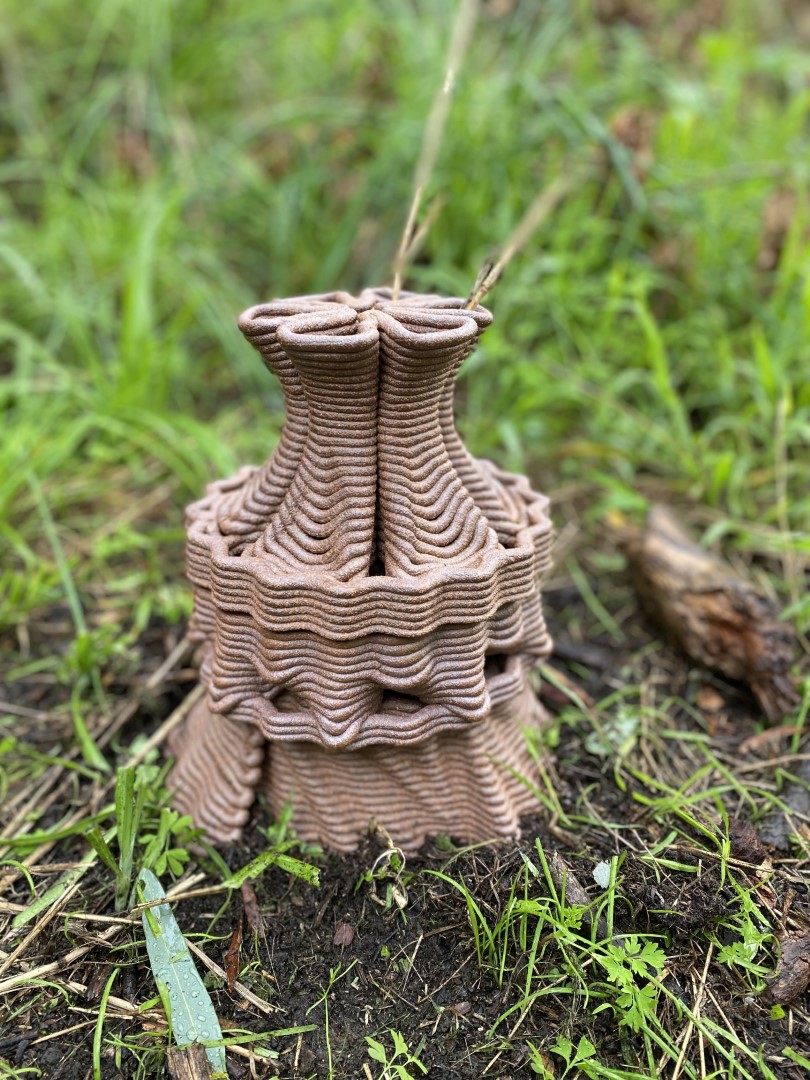
‘Wetland Micro-Habitats’ by Tim Schumann, Pearl Tompson, James Urlini -
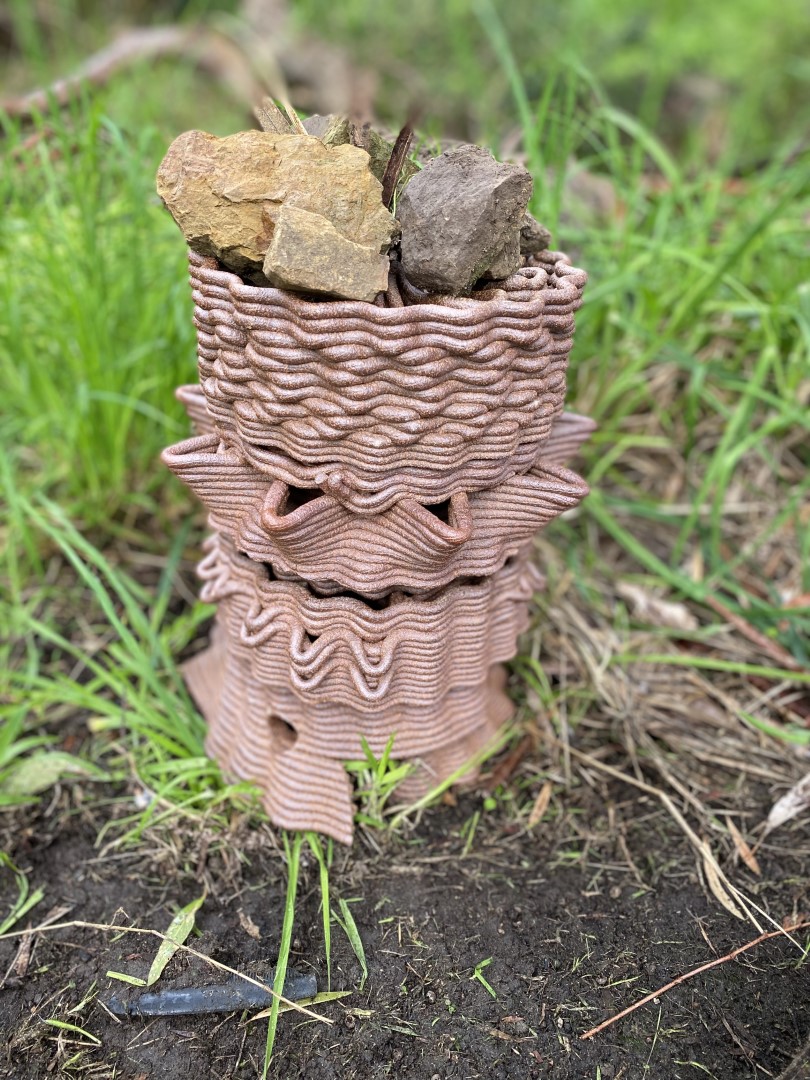
‘Wetland Micro-Habitats’ by Tim Schumann, Pearl Tompson, James Urlini -

‘Ceramic Epiphytes’ by Miki Ueda, Ardis Wong -
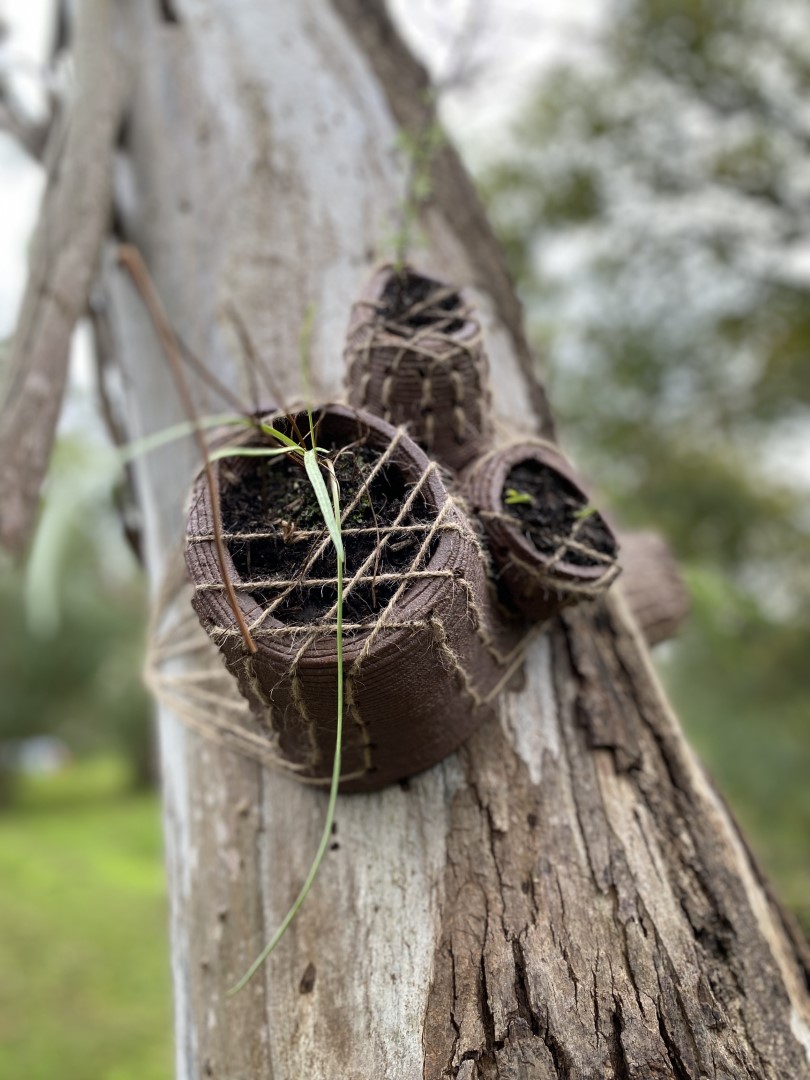
‘Ceramic Epiphytes’ by Miki Ueda, Ardis Wong -

‘No Title’ by Lucas Becerra, Enoch Fung -
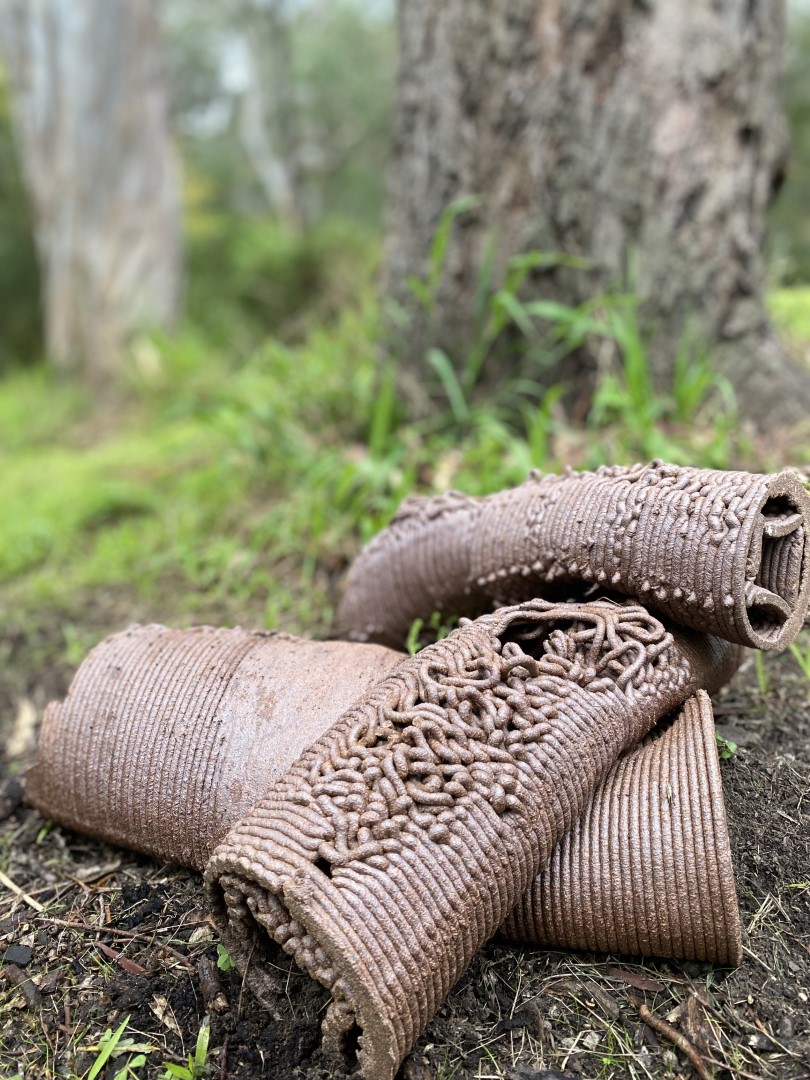
‘No Title’ by Lucas Becerra, Enoch Fung
Semester 2, 2022
‘More-Than-Human Habitat Group Project’
Du Toit Dirk, Fielding George, Huang Shengzhi, Hung Ying Fong, Ke Hong, Kim Eunju, Li Xuanlin, Li Yueyao, Liu Penny, Nagi Rhea, Tse Yan Hei, Wong Jocelyn Wai Lam, Wu Yao.
Elective led by Ashley Davis
-

‘More-Than-Human Habitat Group Project’ Du Toit Dirk, Fielding George, Huang Shengzhi, Hung Ying Fong, Ke Hong, Kim Eunju, Li Xuanlin, Li Yueyao, Liu Penny, Nagi Rhea, Tse Yan Hei, Wong Jocelyn Wai Lam, Wu Yao. Elective led by Ashley Davis -

‘More-Than-Human Habitat Group Project’ Du Toit Dirk, Fielding George, Huang Shengzhi, Hung Ying Fong, Ke Hong, Kim Eunju, Li Xuanlin, Li Yueyao, Liu Penny, Nagi Rhea, Tse Yan Hei, Wong Jocelyn Wai Lam, Wu Yao. Elective led by Ashley Davis
Semester 1, 2023
‘Tunnel Motel’ Jingyi Liu, Yiqi Luo, Jingyu Hou
‘Mounded Dome’ by Cayley Chan, Wooseong Lee
‘Multi-Cell’ by Ivelina Fukarova
‘Vitality – Ethos of Bees’ by Xingyi Chen, Wanyu Ren
‘Biomimic Hive – Advancing Bee Sanctum’ by Chieh Yu Cheng Zhangxizhi Wang
-

‘Tunnel Motel’ Jingyi Liu, Yiqi Luo, Jingyu Hou -
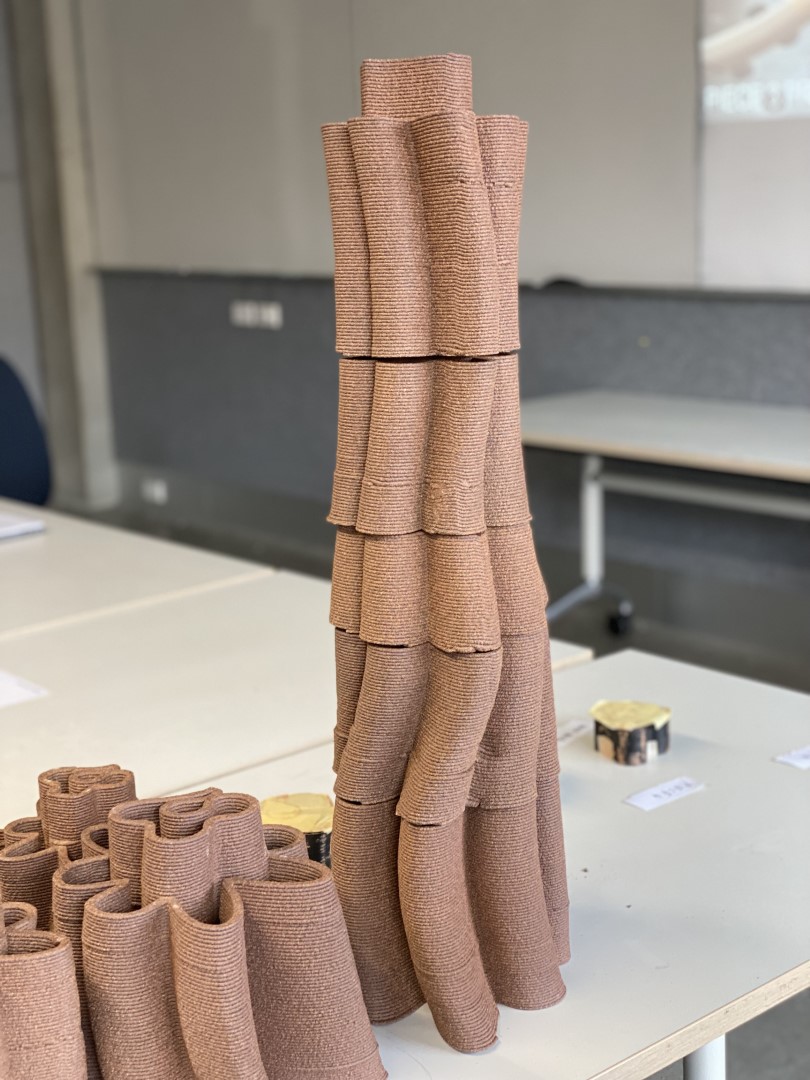
‘Tunnel Motel’ Jingyi Liu, Yiqi Luo, Jingyu Hou -

‘Mounded Dome’ by Cayley Chan, Wooseong Lee -

‘Mounded Dome’ by Cayley Chan, Wooseong Lee -

‘Multi-Cell’ by Ivelina Fukarova -
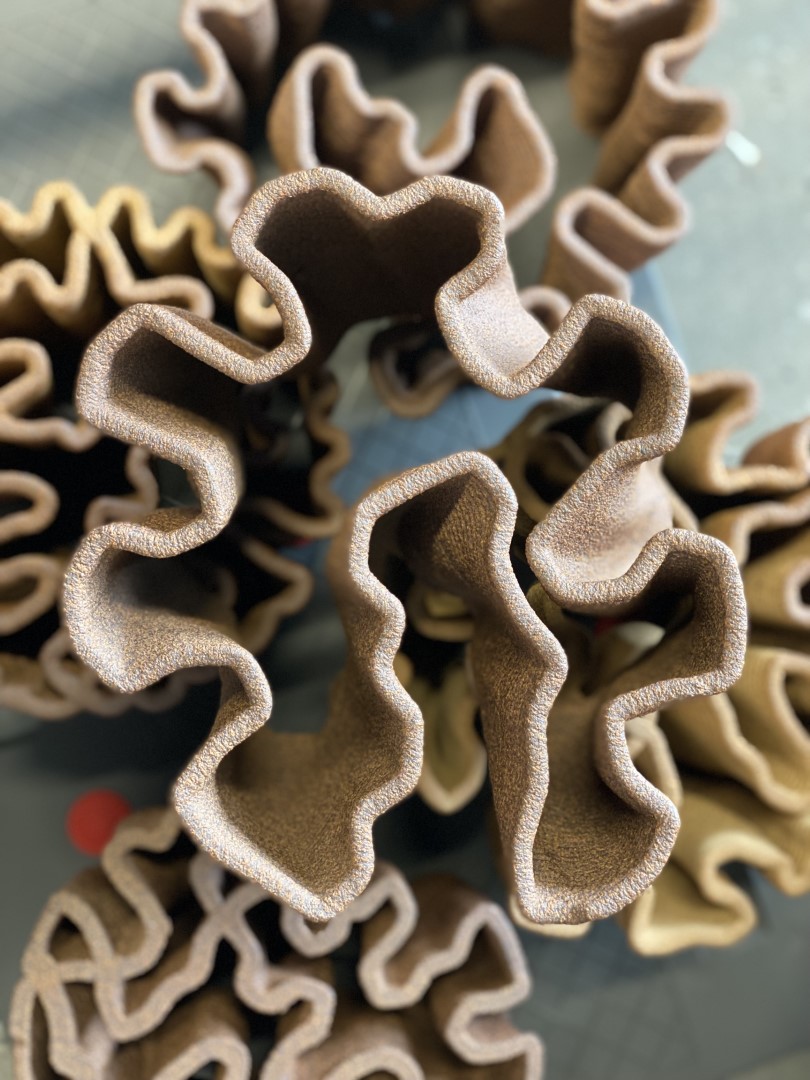
‘Multi-Cell’ by Ivelina Fukarova -

‘Vitality – Ethos of Bees’ by Xingyi Chen, Wanyu Ren -
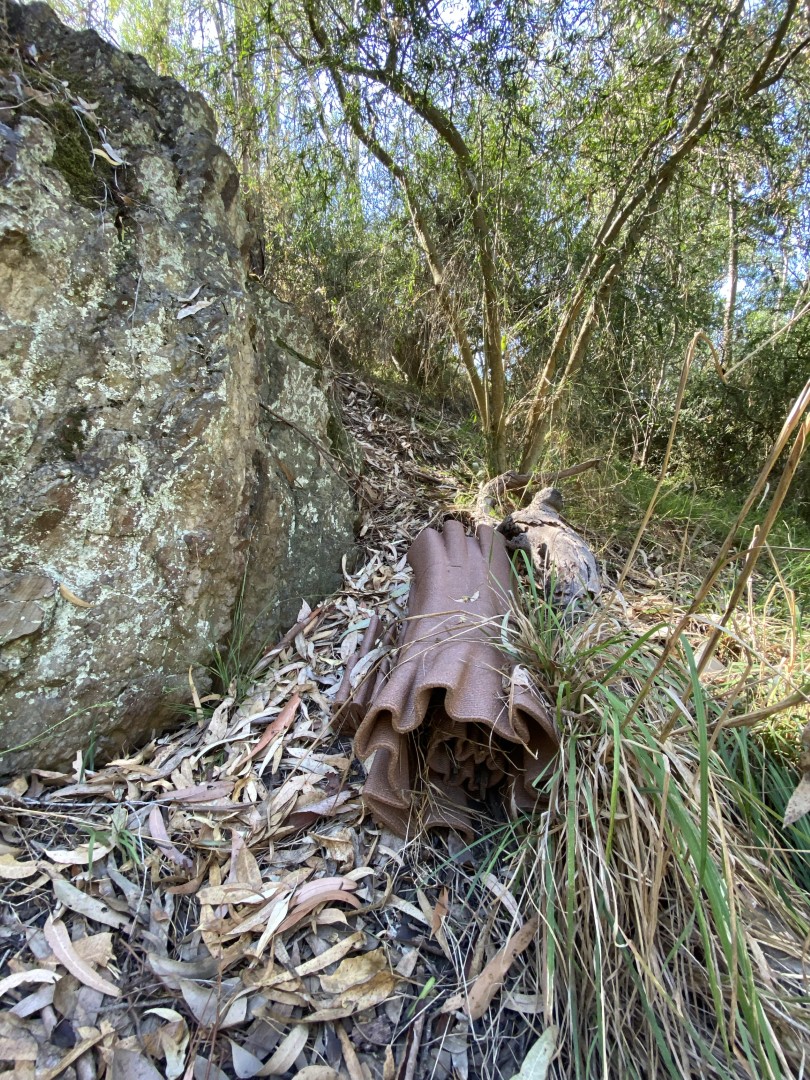
‘Vitality – Ethos of Bees’ by Xingyi Chen, Wanyu Ren -

‘Vitality – Ethos of Bees’ by Xingyi Chen, Wanyu Ren -

‘Vitality – Ethos of Bees’ by Xingyi Chen, Wanyu Ren